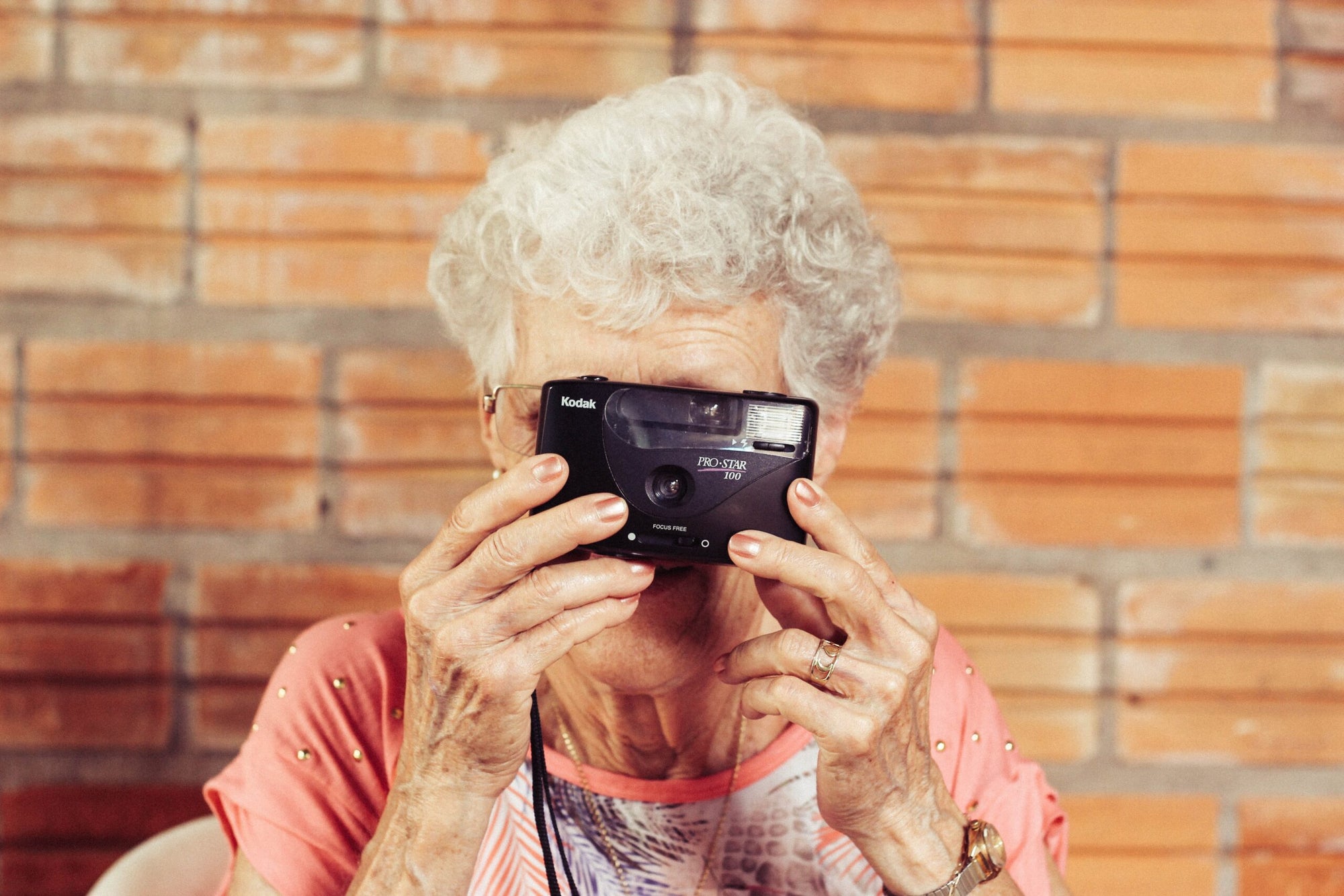Evidence backed ways to help improve memory and brain function
Latest research published this month has reviewed non medication options to help prevent memory loss and cognitive decline in the 50+ age group.
Aerobic exercise, resistance training, creative art, story telling and dancing all shown to have help brain health in a review of the evidence for those over 50.
What the researchers found was this:
In people over 50 years with or without current memory problems:
- Over a 4 month period those who took part in aerobic exercise twice weekly were found to have improvements in their cognition (thinking and processing of information) and other aspects of brain function
- Over a 2 year period those who took part in a programme that combined diet, exercise, cognitive training and social intervention also showed some improvements in brain functions
In people already experiencing changes with memory, or those diagnosed with ‘mild cognitive impairment’*
- Tasks or hobbies that combined brain and physical challenges (such as dancing or using dumbbells) also had positive effects on the brain health
- Positive effects were also noted in those undertaking creative art or those who took up resistance training
What does this mean?
Yet more evidence that how we live impacts the health of our brain and how we think, feel and process information. Even in those who are beginning to notice changes in their memory or have been diagnosed with mild cognitive impairment (MCI)*, undertaking aerobic exercise regularly or increasing physical activity in ways that requires increased thinking and co-ordination can help improve memory and thinking.
Keep Well,
Dr Clara Russell
*Mild cognitive impairment (MCI) causes a slight but noticeable and measurable decline in cognitive abilities, including memory and thinking skills.
**https://pubmed.ncbi.nlm.nih.gov/32534025/









